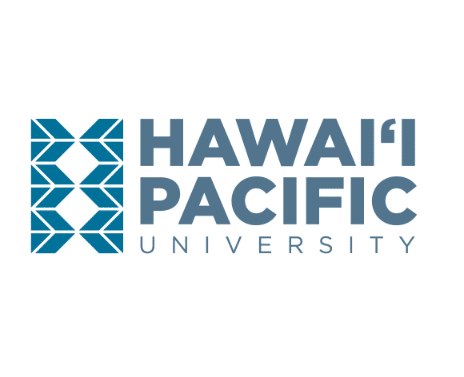Tiber Health and Hawaii Pacific University Forge New Partnership to Expand Access to Healthcare Careers
Tiber Health Innovation and Ponce Health Sciences University (PHSU) are excited to announce a new University partnership with Hawaii Pacific University (HPU) to bring the Master of Science in Medical Sciences (MSMEDS) methodology and curriculum to students throughout Hawai‘i and the Pacific. This innovative collaboration is designed to increase access to healthcare professions, through a dynamic, data-driven educational experience.
“We are honored to partner with Hawaii Pacific University to expand access to high-quality graduate health science education,” said Michael Mayrath, President of Tiber Health Innovation. “Together, we are creating new pathways into healthcare careers, especially for students who have the passion and grit to succeed but need a non-traditional path to medicine or other health science terminal degrees.”
The MSMS program provides students with an MD-level curriculum modeled after the first year of an LCME-accredited Doctor in Medicine program. Designed for individuals seeking to strengthen their academic foundation before applying to medical or other health professional schools, the program enables students to solidify foundational medical knowledge, increase clinical reasoning skills, and demonstrate readiness for a terminal health science degree.
Through this partnership, HPU will be able to offer the MSMEDS program to its students while leveraging Tiber Health’s proprietary predictive analytics software. Students will receive real-time feedback on their academic performance and insights into their preparedness for the USMLE Step 1 exam—providing a unique window into their potential for success in medical school before they even apply.
Dr. Jennifer Walsh, Senior Vice President Strategic Initiatives at Hawaii Pacific University said, “We’re proud to offer this transformative program to students throughout Hawaii and the Pacific. The MSMEDS program aligns with our commitment to prepare our graduates to live, work, and learn as active members of a global society, and we’re excited to welcome the next generation of healthcare leaders to HPU.”
HPU is expected to welcome its first MSMEDS cohort in Fall 2025 using an online synchronous format. To learn more about the HPU MSMEDS program, click here.

